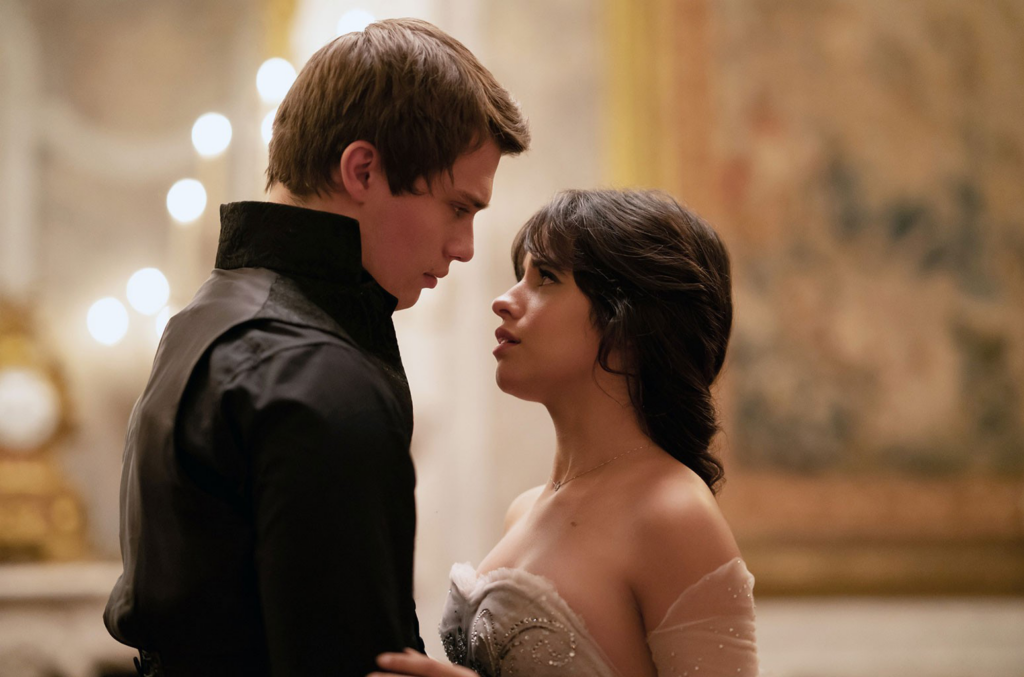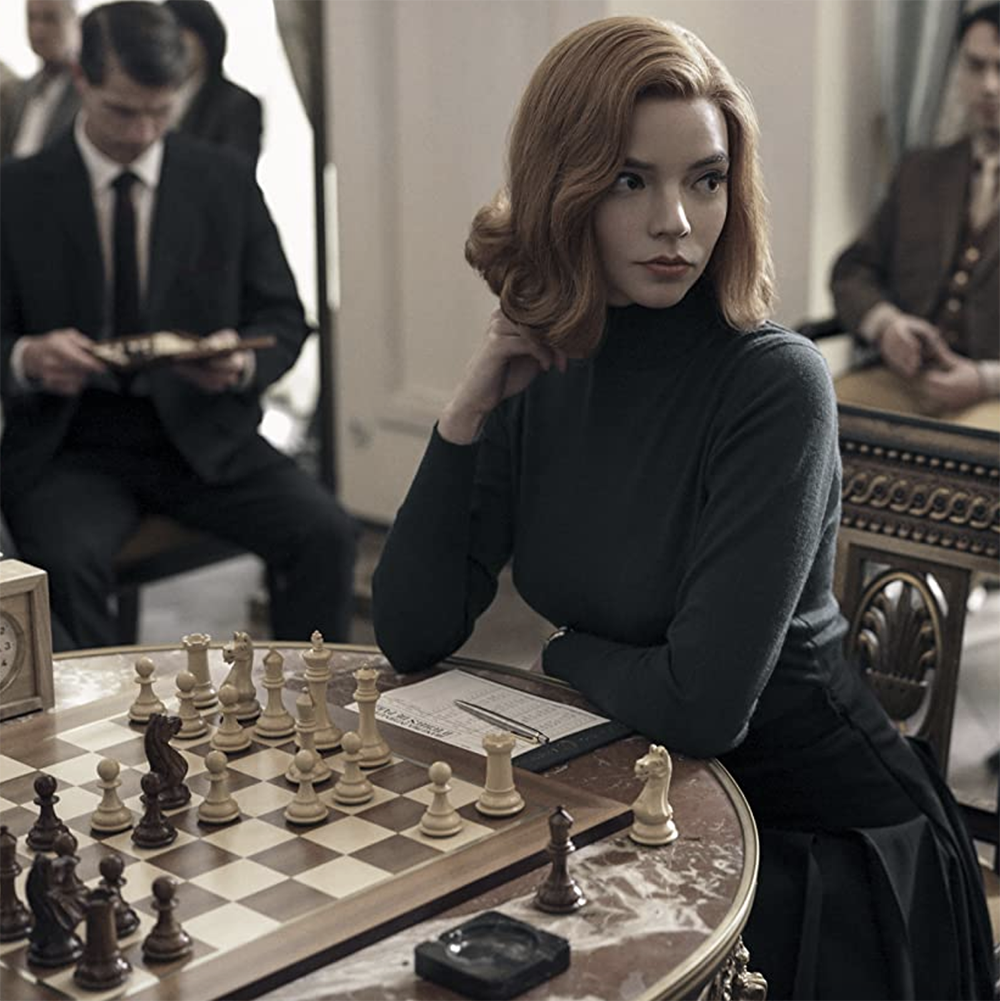
★★★★☆
A dark, caustically comedic film that breathes new life into the classic dinner party pressure cooker trope, “The Party” is a satirical, witty airing of dirty laundry. The newest release by experimental filmmaker Sally Potter, “The Party” peels back the layers of middle-class elitism to reveal its hidden acidity.
The film is set at the London soiree of Janet, played by Kristin Scott Thomas, who is celebrating her recent political ascension to the post of shadow minister of health. As her guests filter in, secrets trickle out. A lighthearted celebration devolves into a storm of revealed information and a boiling over of suppressed emotion.
At the center of “The Party” is its sharp, witty cast. Janet’s husband Bill, played by Timothy Spall, was once a revered academic but is now merely a husk, seemingly drained of life blood after years of self-sacrifice for the sake of his wife’s success. For much of the film he sits silently in his armchair, sipping wine, staring into the air in front of him or delivering gut-punches like, “I’m Bill, I think, or at least I used to be.”
Although Bill initially seems more an accessory than an affecting character, he begins to speak up as the film proceeds, and it becomes clear his reserve was more akin to that of a grenade just before exploding.
Janet’s American best friend April, played by Patricia Clarkson, presents a loud contrast to Bill’s pained silence. April delivers some of the most biting, hilarious lines in the film. By the time she arrives at the party with her boyfriend Gottfried, played by Bruno Ganz, in tow, she already has the material she needs to make viewers guffaw. Whenever Gottfried, a spiritually inclined life coach, offers advice, April is quick to deliver a withering rebuke: “Shut up, Gottfried, your cliches are unbearable.”
As the first few minutes of “The Party” unfold, it seems evident things are bound to go wrong. As Janet makes hushed phone calls to a secret lover from the kitchen, Bill broods in the living room and the front door opens to allow the arrival of the final guests.
Soon the celebration is joined by Tom, played by Cillian Murphy, a financier who spends much of his time in the bathroom snorting lines of coke and debating if and when he should use the gun he has hidden in his jacket. He continuously assures the other guests that his wife will arrive soon, but seems to be unraveling, giving himself pep talks in the mirror during each escape to the bathroom.
The final additions to the motley group are Martha, played by Cherry Jones, and Jinny, played by Emily Mortimer, a couple who has just learned they are expecting triplets, news that pales in comparison to the rest of the evening. As April so delicately puts it, “Babies get born every day in extremely large numbers to the point of endangering the planet and all our futures. It’s not every day, however, that one of us becomes a minister.”
As wine is poured and small disasters brew in the congested home filled with large personalities, the film delves into its sharp, amusing back and forth. Although the conversation is somewhat aimless, oscillating between politics and more personal candor, its humor is biting and allows for amusing frictional character juxtapositions and zingers such as April’s assessment of Martha, “You’re a first-rate lesbian, but a second-rate thinker.”
As Janet prepares dinner and the guests mingle and wrestle with their personal crises, the film’s nature as a satire of love and politics is made clear. The film is shot in black and white, so the dialogue takes center stage and tension is an almost palpable presence. And always, April brings humor: During a moment of crisis when asked if she knew of a secret, she retorts, “I was too preoccupied with Gottfried’s screaming, obvious faults to be preoccupied with this drama.”
As with any disaster-ridden satirical film, “The Party” has all the ingredients for calamity: a gun, cocaine, slapping, destruction of property and, of course, infidelity. Some guests arrived in teams, but as the film progresses, alliances dissolve and it becomes every man for himself. It did, at times, feel as though too much was being fit into one evening, but the performance of the cast and the smart delivery allowed the film to explore disaster without becoming a confusing catastrophe.
Another gem from an underappreciated and refreshingly daring filmmaker, “The Party” is sure to elicit both laughter and raised eyebrows in its 71-minute run time. Clarkson’s withering remarks may have made her compelling on screen, but it seems that Potter is truly the one to watch.



















